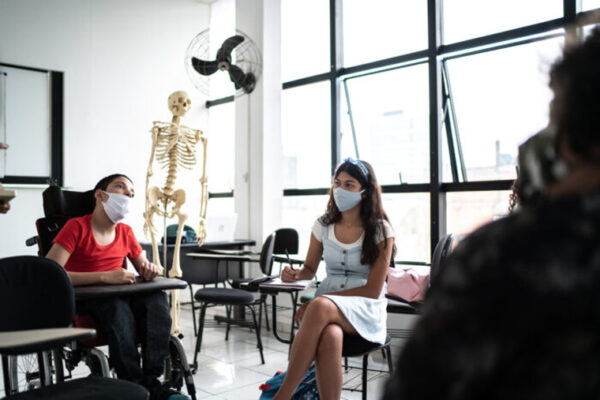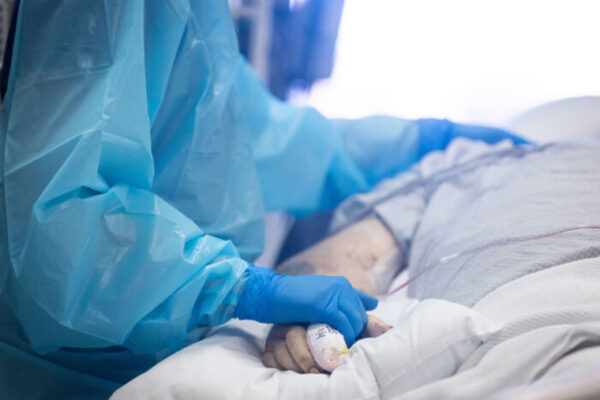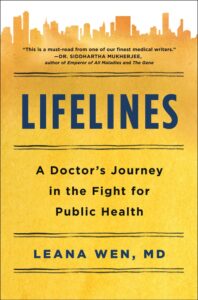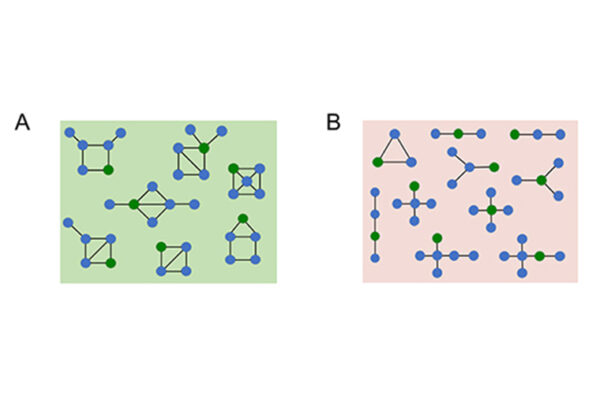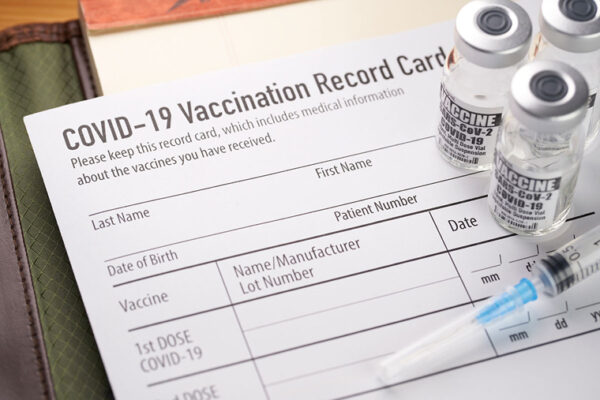COVID-19 transmission at school rare for children with disabilities
A study led by Washington University School of Medicine, in collaboration with the Special School District of St. Louis County, found that rapid saliva test screenings contributed to exceedingly low transmission of the virus that causes COVID-19 among students, teachers and staff in those schools.
Early COVID-19 shutdowns helped St. Louis area avoid thousands of deaths
A new analysis from Washington University School of Medicine suggests that the St. Louis region avoided thousands of hospitalizations and deaths with early and coordinated public health measures as the COVID-19 pandemic was first taking hold.
Lifelines
A Doctor's Journey in the Fight for Public Health
In her latest book, Dr. Leana Wen talks about her battle on the frontline of public health. Previously the health commissioner for Baltimore and currently informing the public about the COVID-19 crisis as a CNN medical analyst, Wen knows what is costing Americans their lives and what can save them.
Researcher wins NIH grant
Bo Zhang, at the School of Medicine, received a five-year $1.89 million Maximizing Investigators’ Research Award from the National Institutes of Health (NIH) for a research project involving the human genome.
Liquid biopsies may aid diagnosis, treatment of bladder, nerve tumors
Two studies led by Washington University School of Medicine describe the potential of liquid biopsies to identify and track tumor growth in bladder cancer and peripheral nerve tumors. The studies demonstrate the possible benefits of this relatively new tool in the fight against cancer.
Fall-prevention program can help reduce harmful in-home falls by nearly 40%
New research from Washington University School of Medicine suggests that in-home falls can be reduced by nearly 40% with a community-based program that helps older adults make modifications to their homes to prevent such mishaps.
Distilling 70 years’ worth of data
Research from the lab of Jonathan Silva at the McKelvey School of Engineering leveraged computational models to analyze 70 years of arrhythmia-related data.
COVID-19 vaccine elicits antibodies in 90% taking immunosuppressants
Nearly 90% of people taking immunosuppressants to treat autoimmune conditions produce an antibody response to COVID-19 vaccination, but the response is weaker than those generated by healthy people, according to a study by researchers at Washington University School of Medicine.
Veis named editor-in-chief of musculoskeletal research journal
Deborah Veis, MD, PhD, professor of medicine in the Division of Bone and Mineral Diseases at the School of Medicine, has been appointed the next editor-in-chief of the Journal of Bone and Mineral Research Plus. Her five-year term begins Sept. 1.
NIH awards nearly $2M to Huebsch for study
The McKelvey School of Engineering’s Nathaniel Huebsch will use a nearly $2 million grant from the National Institutes of Health (NIH) to study hypertrophic cardiomyopathy, the most common cause of sudden death in young people.
Older Stories
